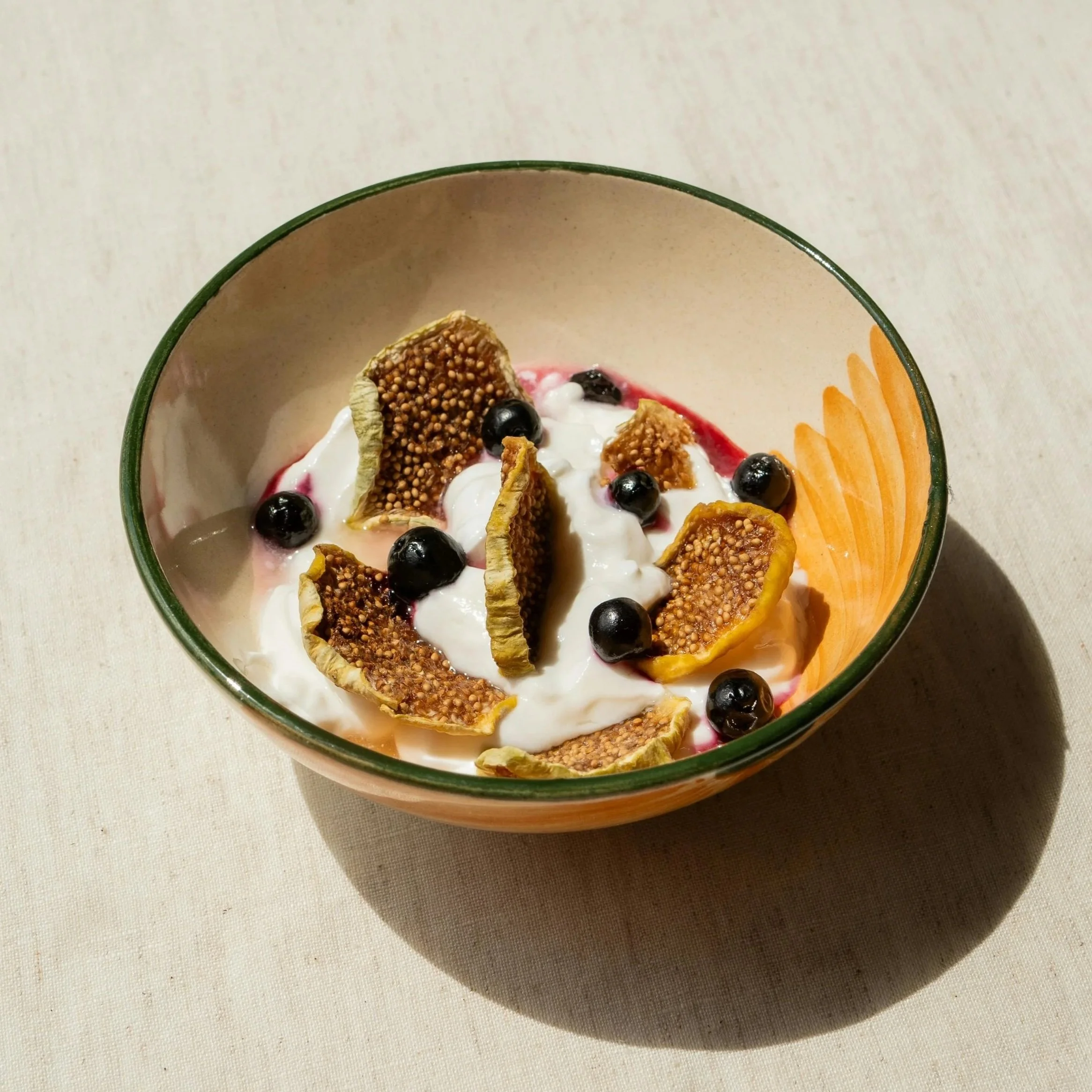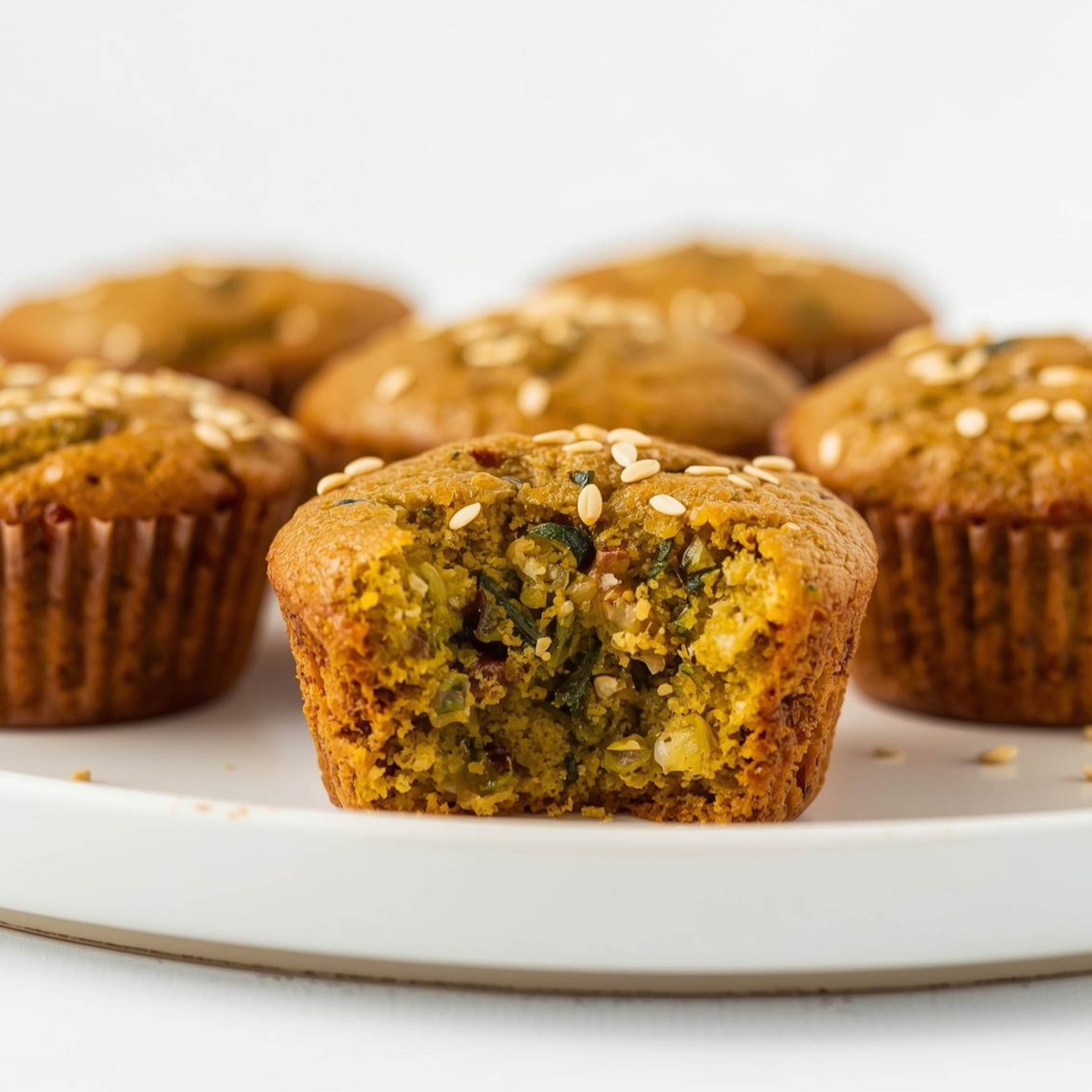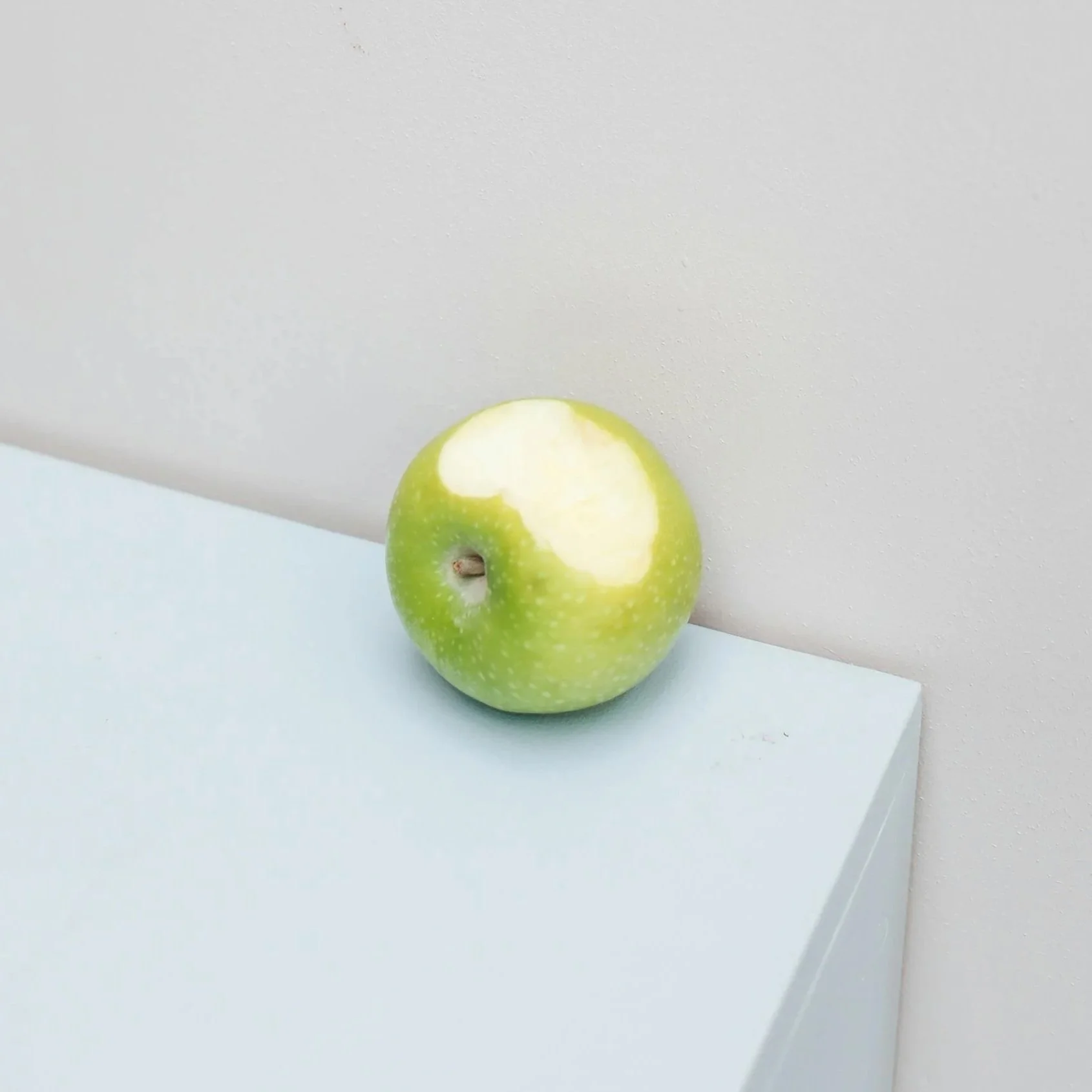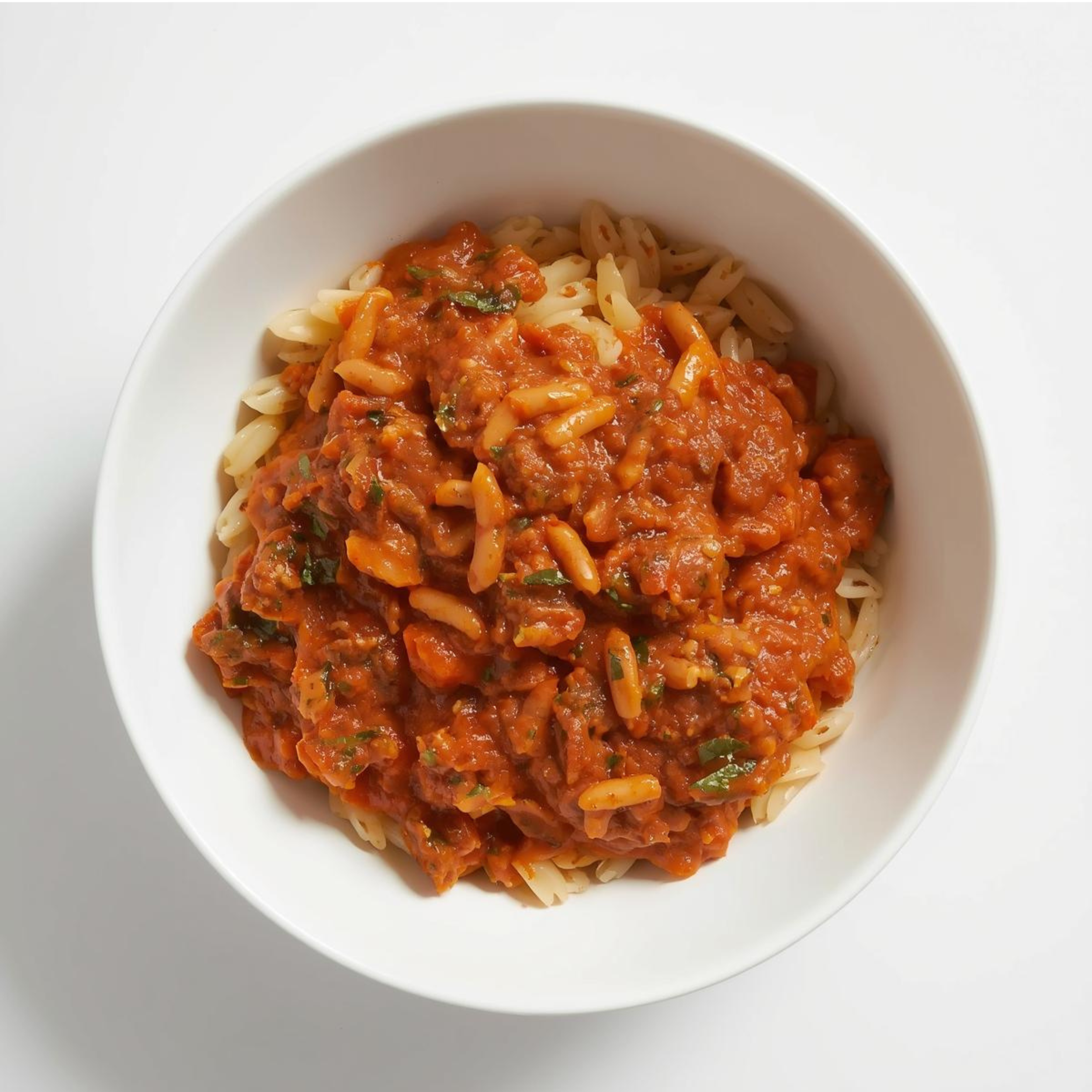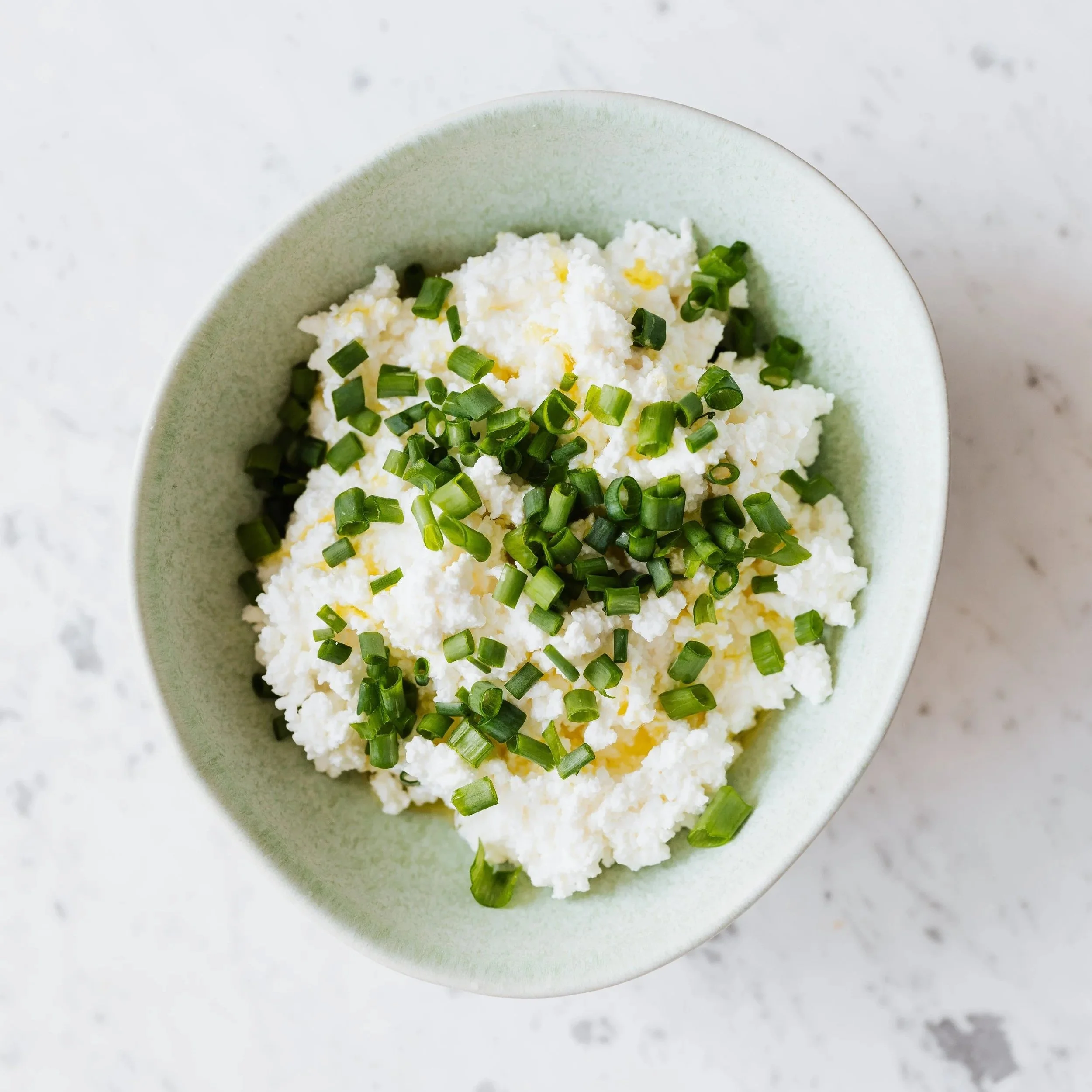4 Subtle Signs You’re Not Drinking Enough Water (Backed by Science)
We all know water is essential. But let’s be honest… between life admin, back-to-back meetings and chasing kids and/or career goals, it’s normal to forget to drink enough. You might not feel parched, but mild dehydration can sneak up in surprisingly subtle ways.
If you’ve ever found yourself wondering “why am I so tired even though I slept?” or “why is my digestion suddenly sluggish?”, your water bottle might be the real MVP you’ve been ignoring.
So, let’s walk through four science-backed signs you might need more fluids and some practical hydration tips that don’t involve chugging litres of plain water (unless that’s your thing, no judgment).
Disclaimer: This article was written in paid partnership with Bickford’s. All opinions are our own and the information provided is based on current scientific evidence. This blog is intended for general education and is not a substitute for personalised medical or dietetic advice.
1. You’re Tired All the Time
Feeling like you’re dragging yourself through the day with the energy of a wet lettuce?
Fatigue is one of the first signs of mild dehydration. Even a small dip in fluid levels can impact blood flow and oxygen delivery to your brain and muscles. Cue yawning before lunch.
In fact, low energy is one of the most common symptoms of dehydration in adults, especially for those who skip fluids during busy workdays or after exercise,
Hydration tip: Start the day with a glass of water before your caffeine hit. And keep a drink bottle within reach. You’re more likely to drink when water is visible!
2. You’re Headachy or Foggy
Can’t concentrate? Head throbbing? It might not just be stress or screen time.
Your brain is around 75% water. So when you’re not getting enough, it’s not surprising that dehydration can mess with mental clarity. Studies show even mild dehydration can affect focus, short-term memory and problem-solving.
If you’ve searched “can dehydration cause brain fog” we’re here to confirm yep, it can. And it’s more common than you think.
Hydration tip: Flavour your water to make it more appealing. Add fresh lemon, lime, fruits and herbs (watermelon, cucumber and mint is a favourite). Or, add a dash of reduced sugar cordial like The Bickford’s No Added Sugar Cordial range. These are a handy option, free from added sugars and artificial sweeteners and add a gentle splash of flavour to help you sip more consistently.
3. You’re Feeling Bloated or Blocked Up
Yes, we’re going there.
Water plays a crucial role in digestion. If you’re not drinking enough, your body draws more water from your colon which can lead to constipation, bloating and that sluggish, heavy feeling.
In other words, staying hydrated helps keep things, well, moving.
So if you’re wondering how to improve digestion naturally, water is an easy, underrated first step.
Hydration tip: Try habit stacking. Pair your water intake with something you already do regularly, like drinking a glass of water after brushing your teeth or while waiting for your morning toast. It’s a low-effort way to build consistency without needing to “remember” yet another thing. Read more about the science of habit building here.
4. You’re Noticing Dull Skin
If you’re anything like us, you’ve probably Googled “benefits of drinking water for skin”. The answer? Yep, hydrated skin isn’t just about serums. If you’re feeling dry and dull, your water intake could be the missing link.
While chugging water won’t replace your skincare routine, adequate hydration helps support skin elasticity and a healthy glow, particularly during dry seasons or after travel.
Hydration tip: Prime your environment to work for you. Set subtle repeated hourly reminders on your phone or smartwatch. Or, use visual cues like keeping a glass or bottle of water on your desk, bedside table or next to the kettle. You’re far more likely to follow through when it’s in sight and part of your routine.
Make Hydration a Habit (Not a Chore)
Building healthy hydration habits isn’t about drinking more water just “because”. It’s about figuring out what works in your life and linking it with your existing routines.
Small adjustments can make a big difference. For example, if you’re someone who regularly forgets to drink water at work (we’re guilty), fill your bottle before your first meeting and set a mid-morning “refill break” as part of your workflow. Or if you find water bland, experiment with ways to make it enjoyable, from infusing it with fresh herbs or fruit to choosing a drinkware style you actually like using.
And for those who prefer flavour without the sugar hit and energy crash, adding a splash of cordial without added sugar or artificial sweeteners can support hydration in a way that still aligns with your health goals.
When it comes to how to stay hydrated throughout the day, the key is making it part of your environment, not something you have to think about constantly.
Final Thoughts
Sometimes, it’s the small things (like sipping more water) that create the biggest shifts in how we feel.
Whether you’re chasing more energy, better digestion or clearer skin, staying hydrated is a low-effort, high-reward place to start. And if you’re still struggling to meet your needs or unsure how hydration fits into your broader health goals, that’s where we come in.
At The Lifestyle Dietitian, we help people build sustainable changes that last, without food rules, guilt or overwhelm. Book a session with one of our team to get personalised guidance that works for your real life.
FAQs About Hydration
How much water should I drink each day?
Most healthy adults need about 30 to 35mL of fluid per kg of body weight each day. But your needs can vary depending on your body size, physical activity, environment and life stage. For example, you’ll need more if you’re exercising, breastfeeding or in hot weather. A good rule of thumb? If your urine is pale yellow and you’re not constantly thirsty, you’re likely on track.
What are the signs of mild dehydration?
Dehydration isn’t always obvious. Aside from thirst, subtle signs can include fatigue, headaches, constipation, sluggish digestion and difficulty concentrating. Even mild dehydration can affect your energy, focus and mood - it’s worth paying attention to how you feel.
Can tea and coffee count towards my fluid intake?
Yes, they can! Despite common myths, tea and coffee do contribute to hydration. While caffeine has a mild diuretic effect (meaning it may make you pee more), the overall fluid you take in still outweighs what you lose. Plus, if you’re a regular coffee or tea drinker, your body builds a tolerance, so the diuretic effect becomes less noticeable over time. Water is still the gold standard but flavoured drinks, like reduced sugar cordial or herbal tea, can make staying hydrated feel a little more enjoyable (and a lot less like a chore).
What foods help with hydration?
Fruits and veggies with high water content (think cucumber, watermelon, oranges, grapes, lettuce) all count towards your fluid intake. Soups, smoothies and yoghurt are also helpful. You don’t need to rely on water alone to stay hydrated!
Can drinking more water help reduce afternoon cravings?
It might sound too simple to be true, but yes, staying well hydrated may help curb those 3pm cravings. Mild dehydration can sometimes mask itself as hunger or trigger sugar cravings when your body’s really just after a top-up of fluids. Having a glass of water (or your favourite tea, fruit infusion or cordial mix) mid-afternoon may be just what you need to perk up your energy levels before diving into the biscuit tin. Of course, it’s not about ignoring hunger altogether, just giving your body what it might actually be asking for first.
When’s the best time to drink water for digestion and energy?
There’s no one perfect time. It’s about consistency throughout the day. That said, a glass first thing in the morning is a great habit to rehydrate after sleep and kickstart your energy levels. For sustained energy, aim to sip steadily during the day rather than guzzling large amounts at once. Setting small hydration cues (think keeping a water bottle on your desk or a reminder before meals) can help make this a low-effort, high-impact routine.


